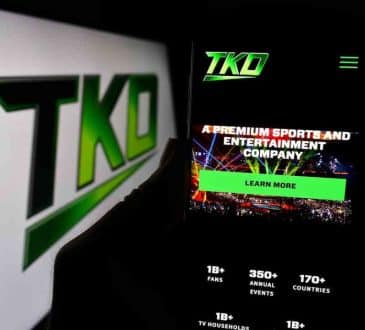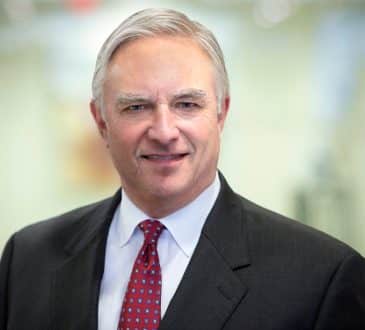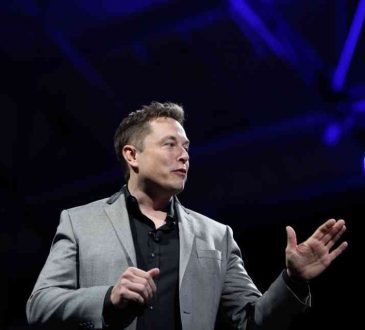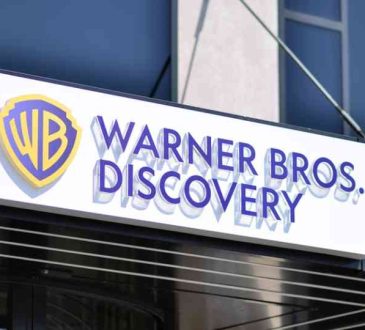Why it pays to be a green CEO

Successful CEOs are increasingly seeing the benefit of engaging with their supply chain on environmental issues. Recent examples include companies such as Apple, Bank of America, Honda, Microsoft and Unilever, which have been named as ‘Supplier Engagement’ leaders by leading environmental disclosure platform CDP.
This means they have made the strategic decision to engage with their suppliers on how to limit carbon emissions and manage their environmental impacts, taking a step beyond their own narrow corporate limits to understand the broader impact of their business.
In all, 58 global companies have made the cut, double the number from last year, showing that many CEOs have taken on board the message that managing environmental impact is not just about what is under their direct control.
This is significant, because the carbon emissions of a company’s supply chain are, on average, four times its direct emissions. Historically, companies disclosing their carbon emissions have focused on Scope 1 (carbon emitted by the operations of the company itself) and Scope 2 (emissions due to the energy used by the company). Scope 3 emissions – which includes carbon emitted by the company’s suppliers – are both harder to measure and to control, but that is the task now facing CEOs.
If the world is to remain within 1.5 degrees of warming, as called for in the global agreement known as the Paris Climate Accord, all emissions, from Scope 1 to Scope 3 must be controlled and reduced.
Cuts in supply chain emissions are often beneficial for the companies involved – both the principals and their suppliers – as costs are reduced and processes made more efficient. Companies analysed in CDP’s research collectively reported cost savings of $14bn from emissions reduction projects in 2017.
This may seem impressive, but there are still a great deal of low-hanging fruit out there. CDP found that just 47% of companies that disclosed are setting targets to reduce their emissions or increase their use of renewable energy, while 23% of responding suppliers actually reported an increase in emissions.
Cost-savings and emission reductions can be achieved in many ways, limited only by the shape of an individual supply chain and the imagination and innovation of a CEO and their team.
Kellogg Company may be best known for its breakfast cereal, but in recent years it has also worked with the farmers supplying it to become more sustainable and build resilience to the impacts of climate change. Its Origins program works with around 294,000 farmers across 21 countries. It addresses carbon emissions reductions and water use, as well as more specialised issues such as soil sustainability, land tenure for small farmers and education for the women who form a large part of the global farming labour force.
Emissions at the consumer-end of the value chain are also being addressed. The European entertainment and telecommunications company Sky has focused on refining the set-top box its customers use to view its programming. A lighter box that is more energy efficient through its life time was the first step, but Sky has not stopped there. It has pioneered a circular economy model, ensuring it is easy for engineers to maintain and fix, and when that is no longer appropriate, it can be fully recycled. This ‘closed loop system’ means Sky can boast of zero waste to landfill for this product.
Although the names on the list are leading the pack, there are opportunities for any company prepared to engage with its supply chain. Reductions equivalent to 551 million metric tonnes of carbon dioxide – more than Brazil’s total emissions in 2016 – were reported by suppliers responding to CDP worldwide in 2017.
Global regulation increasingly requires companies to have greater oversight of their supply chains for a variety of reasons – human rights, production standards, and environmental risks, to name a few. Those companies waiting for this legislation to take action will miss out on opportunities and first-mover advantage. It is companies like the CDP Supplier Engagement leaders – seizing the opportunities on offer by working with their suppliers now – that will successfully make the transition to the low-carbon economy and ensure their long-term stability and resilience.
Written by: Dexter Galvin, Global Director, Corporates and Supply Chains at CDP. The report is: Closing the Gap: Scaling up sustainable supply chain practices
Have you read?
World’s Best Colleges And Universities For Engineering And Technology, 2018.
Best Universities To Study Architecture And Interior Design In America, 2018.
World’s Best Universities For Sports Science In 2018.
World’s Best Business Schools With The Most Employable Graduates For 2018.
Add CEOWORLD magazine to your Google News feed.
Follow CEOWORLD magazine headlines on: Google News, LinkedIn, Twitter, and Facebook.
This report/news/ranking/statistics has been prepared only for general guidance on matters of interest and does not constitute professional advice. You should not act upon the information contained in this publication without obtaining specific professional advice. No representation or warranty (express or implied) is given as to the accuracy or completeness of the information contained in this publication, and, to the extent permitted by law, CEOWORLD magazine does not accept or assume any liability, responsibility or duty of care for any consequences of you or anyone else acting, or refraining to act, in reliance on the information contained in this publication or for any decision based on it.
Copyright 2024 The CEOWORLD magazine. All rights reserved. This material (and any extract from it) must not be copied, redistributed or placed on any website, without CEOWORLD magazine' prior written consent. For media queries, please contact: info@ceoworld.biz
SUBSCRIBE NEWSLETTER








